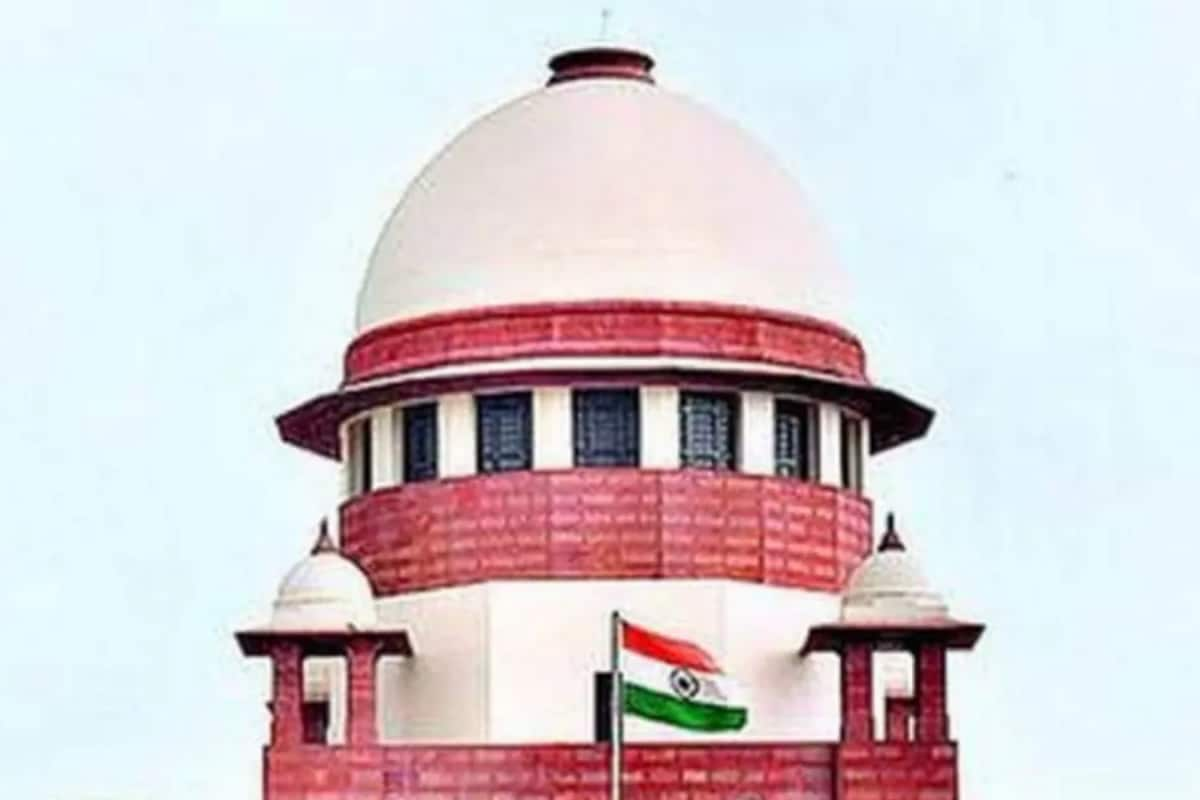

The Supreme Court has reiterated the principle that Section 319 of the Criminal Procedure Code (CrPC) should be used sparingly, but its application becomes obligatory when strong evidence reveals the involvement of a prospective accused. This section empowers a court to summon a person not initially named as an accused in a chargesheet, if evidence presented during an inquiry or trial suggests their complicity in the offense. The aim is to prevent guilty individuals from escaping justice, aligning with the legal doctrine that a judge is condemned when the guilty are acquitted.
Recently, the Supreme Court addressed an appeal against a judgment by the Allahabad High Court, which had quashed summons issued under Section 319 CrPC against a respondent. The bench, comprising Justices Sanjay Karol and Joymalya Bagchi, overturned the High Court's decision. They emphasized that while the power under Section 319 CrPC should be exercised cautiously, it is mandatory to invoke it when evidence indicates the involvement of a prospective accused.
Section 319 CrPC allows the trial court to add any person as an accused to face trial alongside the existing accused, even if that person was not initially named in the FIR or chargesheet. This can occur if the court is satisfied, based on the evidence presented, that the person has committed an offense and should be tried with the others. The court's power to summon additional persons as accused is based on evidence presented before it, not on materials in the chargesheet or case diary. Materials in the chargesheet or case diary do not constitute evidence.
The Supreme Court has clarified key principles regarding Section 319 of the CrPC: * The trial court has the authority to add any person to face trial along with other accused individuals if, at any stage of the proceedings, the evidence suggests they should be tried together. * This applies even if the person was initially named in the FIR but not included in the chargesheet. * Strong and cogent evidence is required to invoke Section 319 CrPC; the power cannot be used casually.
In exercising power under Section 319 CrPC, the court must consider the evidence presented during the trial. The Supreme Court has also clarified that the judgment of the court will always be retrospective in nature unless the judgment itself specifically states that the judgment will operate prospectively.
Section 319(4) of the CrPC stipulates that when a court proceeds against a person under sub-section (1) of Section 319, the proceedings concerning that person should commence afresh, and the witnesses should be re-examined with respect to the newly summoned accused.